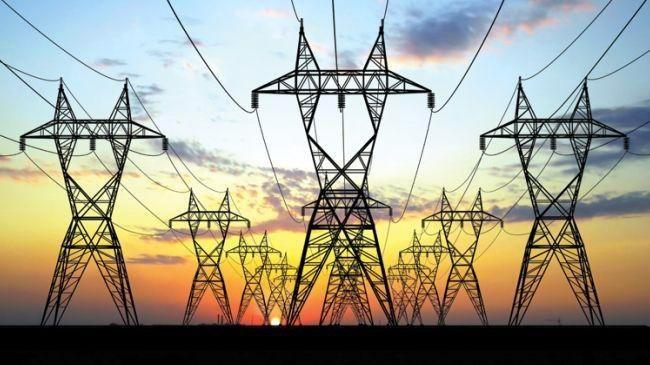A $110 million grant has been approved by the Asian Development Bank (ADB) to help improve energy sustainability and promote cross-border trade in Afghanistan.
The funds will be used towards a project that help address Afghanistan’s chronic power shortage by immediately doubling the volume of power imports and ensuring long-term cost-competitive electricity supply. It will also facilitate the Afghan system’s first parallel (synchronous) operation with the Uzbek system and the Central Asia Power System (CAPS).
“Demand for electricity is growing rapidly in Afghanistan and is essential for the country’s economic growth,” said ADB Energy Specialist Nana Gurgenidze. “The project will help provide reliable and affordable electricity to households and businesses by strengthening the grid and increasing power import capacity by 900 megawatts, with year-round firm energy imports of 3,000 gigawatt-hours.”
Afghanistan relies on energy imports from neighbouring countries to meet its domestic demand, with only about 34% of the population having access to grid-connected electricity.
The project will finance the construction of 201km of a 500-kilovolt overhead transmission line from the Surkhan substation in Uzbekistan to the Khwaja-Alwan substation in Afghanistan – a key interconnection node to receive power from Tajikistan, Turkmenistan, and Uzbekistan. It will also fund the expansion of a line bay, including associated equipment, at the Khwaja–Alwan substation. The project will allow Uzbek power into the Afghan grid under a 10-year power purchase and sales agreement signed in August 2020 by the Afghanistan and Uzbekistan governments.
Under the project, staff, including female engineers at the national power utility Da Afghanistan Breshna Sherkat (DABS), will be trained to manage cross-border power transfer and parallel operations, including emergency operation systems with CAPS.
Hydropower is the dominant source of electricity in Afghanistan, with capacity in the country at 461MW













